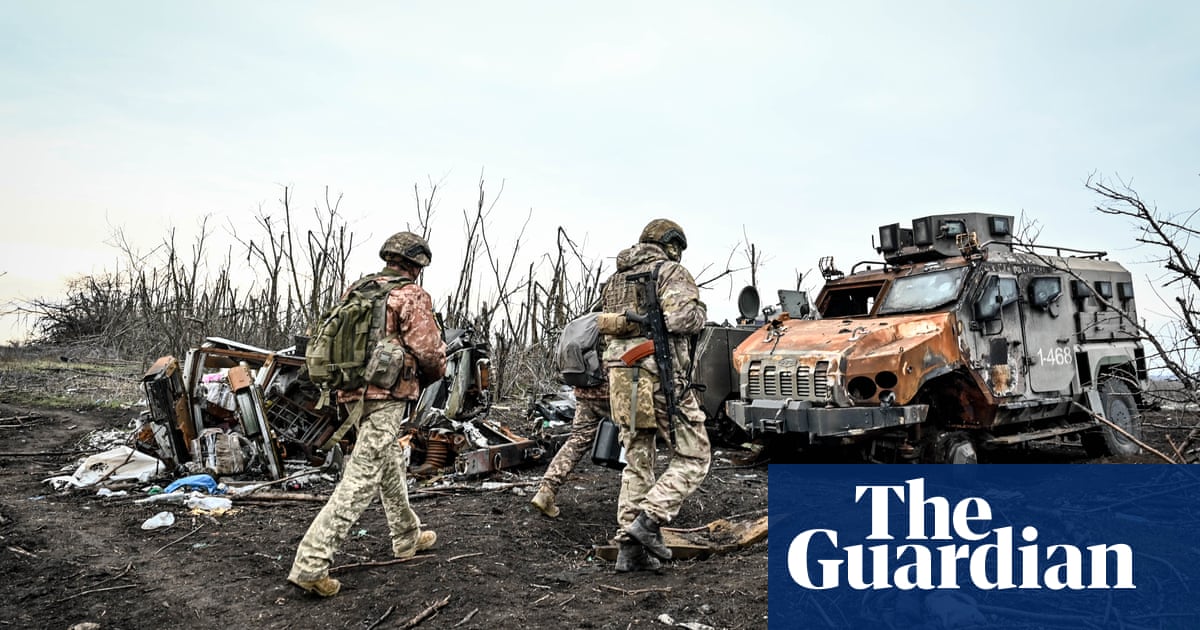
With more than 700 Russians and their companies now under US sanctions, America is punishing Russia for its perfidious behavior toward the West. Moscow has been subjected to successive waves of sanctions that include travel bans, asset freezes and finance and trade restrictions. These sanctions are beginning to bite at the Russian economy and further punishment may affect the ruble"s value, pushing Russia further into a recession and breaking the economy in a bid to change Vladimir Putin"s behavior.
Sanctioning Russia is not new — it is a regular feature of the US toolkit. The Obama administration imposed sanctions for Russia’s actions in Ukraine and for meddling in the 2016 presidential election. The Trump administration in April sanctioned oligarchs and government officials over the election meddling and other “malign” activities, and now additional sanctions that will begin in late August have been added over the nerve agent attack in the UK. Political leaders, politicians and the state security services have not been exempted from the swinging US sanctions axe.
The latest sanctions cover exports to Russia of items with a potential national security purpose, such as gas turbine engines, electronics and testing and calibration equipment. In turn, Russia is threatening to retaliate by banning sales of Russian engines to NASA, but the head of Roscosmos is planning to meet his US counterpart in the fall. Despite the rancor, space cooperation is likely to continue.
Legally, sweeping new sanctions may follow 90 days later, in November, including a reduction in diplomatic relations, bans on the import of Russian oil and exports of “all other goods and technology” aside from agricultural products, and limits on loans from US banks. The US is required to suspend aviation agreements and stop Russia from issuing new sovereign debt, which may be quite painful to the Russian economy.
There is an ongoing struggle between Donald Trump and his supporters, who want to engage with Russia, and the so-called “deep state” of national security bureaucrats, who are seeking revenge after the November 2016 presidential election
Dr. Theodore Karasik
What is happening is that new sanctions, which have followed a path of squeezing Russia tighter, are increasingly a function of American domestic politics. There is an ongoing struggle between Donald Trump and his supporters, who want to engage with Russia, and the so-called “deep state” of national security bureaucrats, who are seeking revenge after the November 2016 presidential election. As the time passes since that election, and with Trump’s behavior toward Putin, especially in Helsinki, the narrative that the president is under Russia’s “influence” is now permanent.
That sentiment is a long-term driver in a chunk of American body politic regardless of whether Trump is president or not. Russia will bear the brunt of angry America for some time to come. One knows the type of sentiment that still resides in Washington about the 444-day American hostage crisis in Iran after four decades. The current situation may be a useful marker to consider how long the palpable anger is likely to last.
Nevertheless, the Trump administration is working with Moscow on a number of issues, regardless of what anti-Trump forces think or demand. Trump can’t weaken sanctions, but nothing can stop the American president from engaging with Moscow on matters of international security. The Helsinki summit, and the channels that set up that meeting, are now in action. A process of lines of communication and de-confliction are now more active than ever.
Syria is the main topic, but there are also other hot-button issues, especially Turkey’s future and the American campaign against Iran. Arms control is also on the table, including extending the Strategic Arms Reduction Treaty. All these discussions are intertwined and are increasingly coming under strain because of the White House’s actions against Turkey and the resulting economic damage that is reverberating across markets, including Russia. Moscow sees this American move as a threat to the ruble, which is already undergoing a drop in value back to 2016 levels.
Always proactive, Moscow is taking action. In order to hedge its bets, what is happening now — as a result of the current state of US-Russia relations — is that Moscow is seeing an opportunity to continue the process of moving away from the West and build a protective shield against American sanctions. Russia’s moves include tools that the Kremlin has perfected the use of over the past few years, such as currency swaps and further pushing the ability to transact outside the SWIFT system. It is important to remember that Russia holds one of the largest holdings of gold, which gives the country some additional leverage.
China is also playing a role as the spoiler in the US-Russia relationship by working closely with Moscow on the new geopolitics of the Middle East, Africa and even Latin America, where Russia is making advances at the expense of American infighting. Debt and seizures are the new tools of Eastern trade and they work in most cases. Trump’s sanctions policy, no matter the target country, may find the rate of new subsidiaries that avoid sanctions outpaces the ability for America to chase them down.
Some may argue that this phenomenon is already a fact, but the underestimation of the ability for an array of countries, from China to the UAE to South Africa, that are already creating a new strategic arc of innovation, transport and trade is meant to not only band together but also belong to an emerging supra-economic group that threatens America’s ability to use economic tools effectively.
In 2000, when Putin replaced Boris Yeltsin as president, the Russian vision about US-Russian relations was as clear as it is now. We know Putin thought the collapse of the Soviet Union was the greatest calamity of the 20th century. Now, the Russian president sees the emergence of a new order while the West is confused and failing as the next step. With that prognosis in mind, US-Russia relations are in for a rough ride. The post-Trump, post-Putin future will still be contending with the issues of today and tomorrow.
Importantly, Putin sees himself as not only a designer but also an influencer of the emerging shift in global economics. As more sanctions hit Russia, Iran and other countries, the resulting bloc will begin to unite more and more. And, as Trump is forced to hit out harder and harder against Russia because of US domestic politics and the importance of the November mid-term elections to America’s immediate future, the rhetoric and actions and reactions may be quite testy.
Dr. Theodore Karasik is a senior adviser to Gulf State Analytics in Washington, D.C. He is a former RAND Corporation Senior Political Scientist who lived in the UAE for 10 years, focusing on security issues. Twitter: @tkarasik
Disclaimer: Views expressed by writers in this section are their own and do not necessarily reflect Arab News" point-of-view












